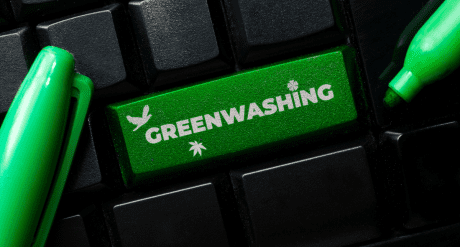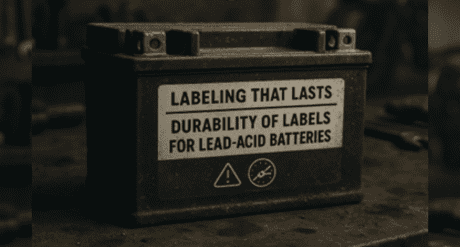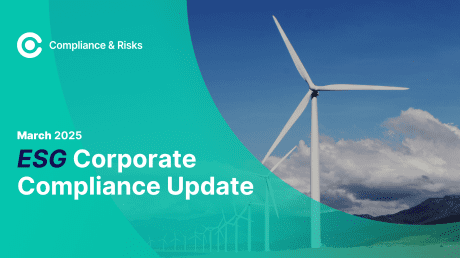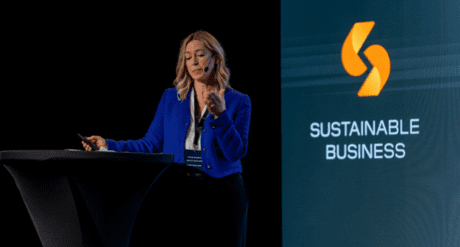
Brexit – Getting Ready for Changes
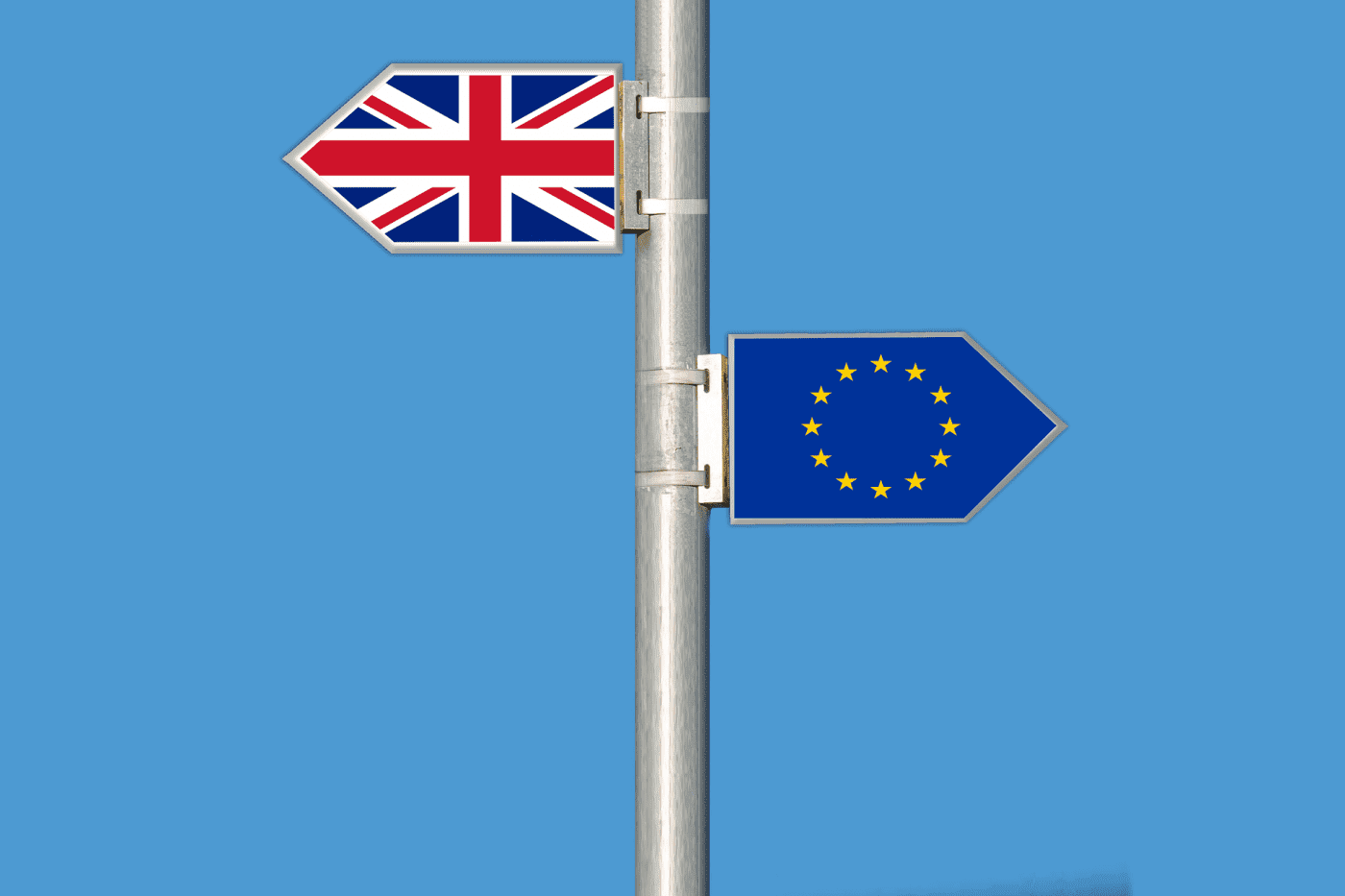
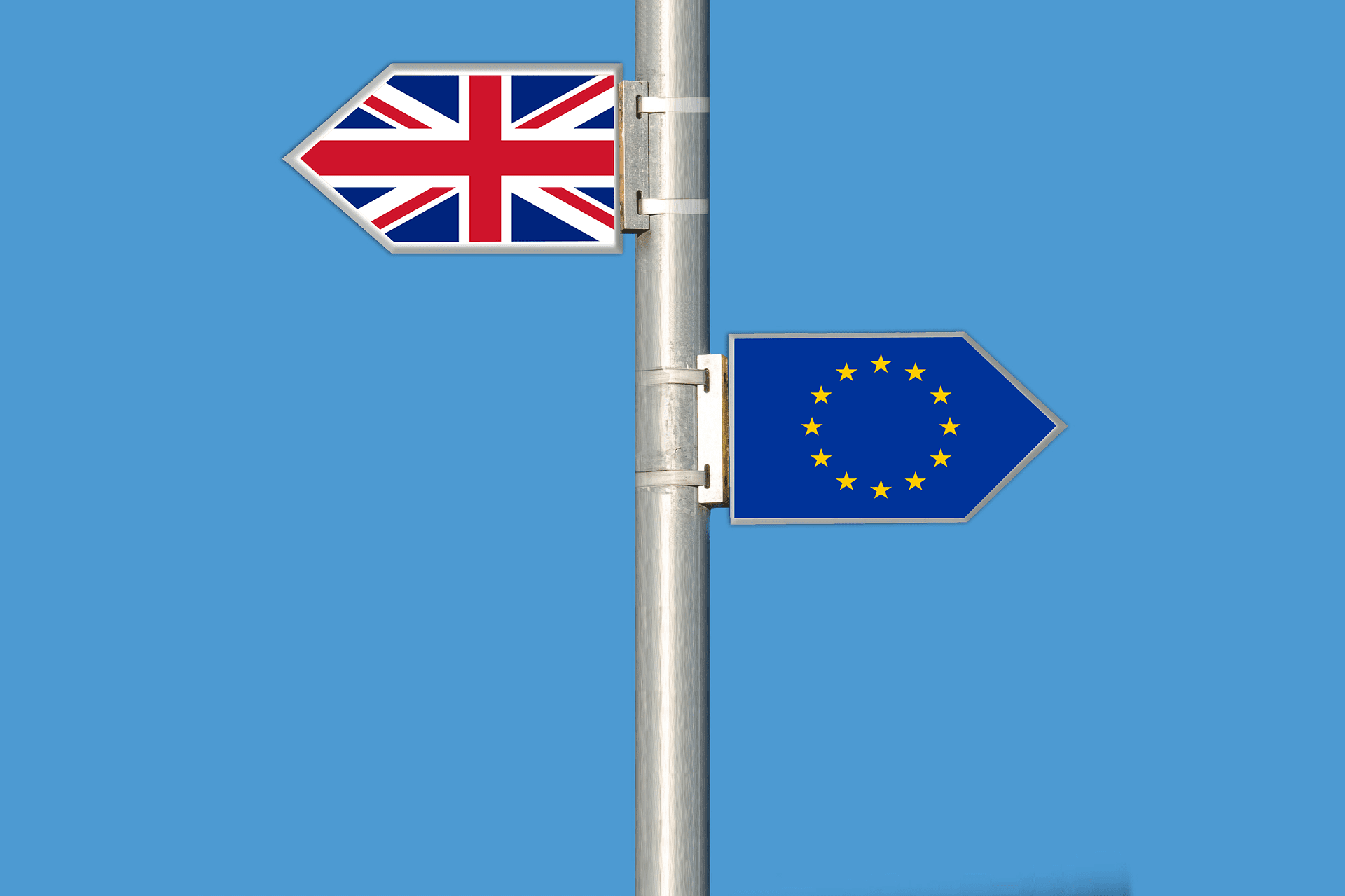
The Communication sets out a sector-by-sector overview of the main areas of change regardless of whether or not there is an agreement on a future partnership between the EU and the UK, and sets out measures that businesses should take in order to prepare for any disruptions that will ensue.
The main changes that will impact trade in goods as of the end of the transition period are summarized as follows:
Customs Formalities, Checks and Controls
The UK remains part of the EU during the transition period and, as such, no customs formalities apply. However, as of 1 January 2021, the customs formalities required under EU law will apply to all goods entering the EU from the UK, or leaving the EU for the UK.
For example, EU businesses wishing to import from or export to the UK will be required to have an Economic Operators Registration and Identification (EORI) number. EORI numbers issued by the UK will cease to have validity in the EU, so UK businesses wishing to import into the EU will now need to receive an EU EORI number, or appoint an EU representative where applicable. Furthermore, as of 1 January 2021, Authorized Economic Operators authorizations or other authorizations issued by the UK will cease to be valid in the EU.
Certificates and Authorizations of Products, Labeling and Marking
During the transition period, goods can still be freely traded between the EU and the UK without being subject to checks. However, as of 1 January 2021, all products exported from the EU to the UK will have to comply with UK rules and standards and will be subject to any applicable regulatory compliance checks and controls on imports. Similarly, all products imported from the UK to the EU will need to comply with EU rules and standards and will be subject to all applicable regulatory compliance checks and controls on imports for safety, health and other public policy purposes. EU businesses that currently distribute products coming from the UK will become exporters or importers for products they place on the EU market. This means that they will need to comply with the obligations of an exporter or an importer according to the applicable EU rules.
Certificates or authorizations issued by UK authorities or by bodies based in the UK will no longer be valid for placing products on the EU market. Where EU legislation requires certification by an EU Notified Body – e.g. machinery, PPE, products certified by UK-based bodies will no longer be allowed to be placed on the EU market. Where EU legislation requires registration of products in databases, this may have to be done by an importer in the EU or an authorized representative of the UK manufacturer. Markings or labeling of goods placed on the EU market which refer to bodies or persons established in the UK, will no longer comply with EU labeling requirements. EU rules prohibiting or restricting certain imports / exports of goods for public policy reasons such as the protection of health, safety and the environment will apply to trade with the UK as with any third country.
For example, with regard to chemical products, as of 1 January 2021, EU rules on the registration, evaluation, authorisation and restriction of chemicals (REACH) will no longer apply in the UK. Registrations held by UK manufacturers and producers will therefore no longer be valid in the EU. These entities will be required to ensure that their substances are registered with an EU manufacturer or importer or appoint an ‘Only Representative’ in the EU as registrant for the substance. Downstream users will have to check whether substances they use in their products are registered by an EU registrant established. Where this is not the case, they should:
- Adapt their supply chain accordingly (i.e. identify an alternative supplier);
- Check whether the UK registrant they deal with plans to appoint an ‘Only Representative’ in the EU; or
- Register the substance in the capacity of importer.
The European Commission is also reviewing and updating (if necessary) all 102 stakeholder notices – many of which continue to be relevant for the end of the transition period. A list of 59 updated notices is set out in an annex to the Communication and all are available on the Commission’s dedicated webpage. The notices relate to:
- Biocidal products
- Chemicals (REACH)
- Data protection
- E-commerce
- Emissions trading system
- EU Ecolabel
- Geo-blocking
- Geographical indications
- Good laboratory practice (GLP)
- Industrial products
- Prohibitions and restrictions of import/export (incl. import/export licenses)
- Waste shipments
Want to find out how you can stay on top of regulations from around the globe? Book a Demo today.
